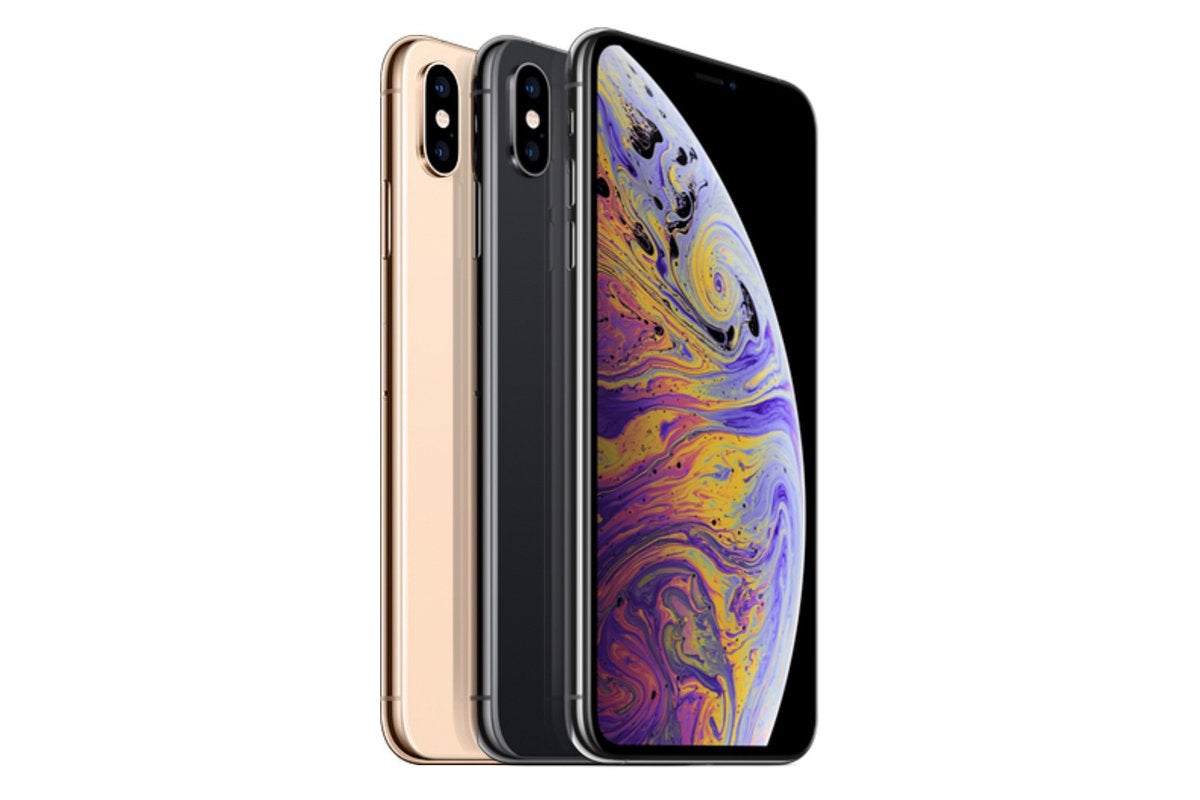While most of us were installing, using, or writing about macOS Mojave, Apple made two big corporate announcements: The completion of the Shazam acquisition and the new deal with Salesforce.
“Working with Apple, Salesforce is redesigning its app to embrace the native mobile platform with exclusive new features on iOS. The companies will also provide tools and resources for millions of Salesforce developers to build their own native apps with a new Salesforce Mobile [software development kit] SDK for iOS, and a new iOS app development course on Trailhead, Salesforce’s free, web-based learning platform,” the partners said in the release announcing the news.
What Apple and Salesforce are doing
Focus areas for the new partners include:
- Native Salesforce iOS apps for business. These will integrate powerful features such as Shortcuts, Face ID, Business Chat and more. Salesforce will also introduce the first-ever Trailhead Mobile App, first on iOS in early 2019. Salesforce and Apple will work together to create enterprise-focused apps.
- Apple and Salesforce are developing the first Salesforce Mobile SDK that is optimized for Swift. This will enable businesses and developers to build and deploy iOS apps on the Salesforce Lightning Platform. This should be available by the end of 2018.
- Apple announced plans to launch a new Get Started with iOS App Development Trail that will teach anyone how to build native iOS apps in Xcode with Swift.
What is the Get Started with iOS App Development Trail?
Made available via the Salesforce Trailhead site, the trail is a series of learning resources that will teach developers skills, such as the basics of using Swift programming and essential Xcode skills, and introduce them to the technologies inside the Salesforce Mobile SDK. The trail also provides insight into how to develop native iOS apps using the Salesforce Mobile SDK.
The whole thing comes to around five and a half hours of training.
Why does this matter?
This deal is significant in so many ways. First, it shows how far Apple has come in terms of penetrating the enterprise IT market that was so closed to it for so very long; Second, it matters because Salesforce is the world’s most widely deployed customer relationship management (CRM) solution.
To get a sense of the latter point, consider this: Salesforce handles over 2 trillion (trillion!) transactions every year.
The deal means sales teams will be able to create Siri Shortcuts to organize their time and use Siri to update client records, place orders, and more. Use of Siri in enterprise implementations makes sense.
“Einstein could not be more excited to be friends with Siri!” Salesforce CEO Marc Benioff tweeted. “This is the best of both worlds.”
Apple’s enterprise partnerships
Apple wisely recognized that the iPhone and BYOD drove a cultural shift in what enterprise workers needed to get things done.
Not only did use of Apple equipment become a human resources issue, as the very best employees won’t stick around unless they like the kit they use, but it is also transforming expectation of how to get work done.
This mobile wave of digital transformation is changing entire industries, and the change is rapid. Seeing these impacts, Apple didn’t try to go it alone in enterprise IT. Instead, the company forged partnerships with leading firms in that sector.
The new deal with Salesforce joins a long line of deals in the space, with IBM, Accenture, Deloitte, Cisco, GE, SAP, and others. These partnerships are supported by Apple-created solutions such as its Business Chat, Business Manager, and (of course) its regularly updated operating systems.
They are also supported by a rapidly growing ecosystem of third-party system integrators, led by Jamf, and by third-party application developers such as Box or Docusign.
The impact?
“With the powerful combination of iPhone, iPad and iOS — the best hardware and software for business — together with native Salesforce apps and the new Salesforce SDK, we can deliver great customer experiences for businesses around the world,” Apple CEO Tim Cook said in a statement.
That’s nice, but what this really translates into a huge opportunity for Apple to grow its business around enterprise IT.
This works the other way, also — as enterprises coalesce around iOS, any remaining friction still felt by Apple users when encountering legacy enterprise solutions will also erode, making the end user experience better.
Eventually, businesses that insist on delivering legacy-style Windows-based services will fail or migrate because consumers will avoid such friction and choose vendors that deliver better customer experiences.
Meanwhile, other mobile platforms are only one big ransomware outbreak away from losing whatever enterprise IT credibility they may somehow have managed to build.
Salesforce’s decision to partner with Apple isn’t just about technology choice; it’s also mandatory as the iPhone maker becomes the go-to supplier of the best business tools in town.
Google+? If you use social media and happen to be a Google+ user, why not join AppleHolic's Kool Aid Corner community and get involved with the conversation as we pursue the spirit of the New Model Apple?
Got a story? Please drop me a line via Twitter and let me know. I'd like it if you chose to follow me on Twitter so I can let you know about new articles I publish and reports I find.






